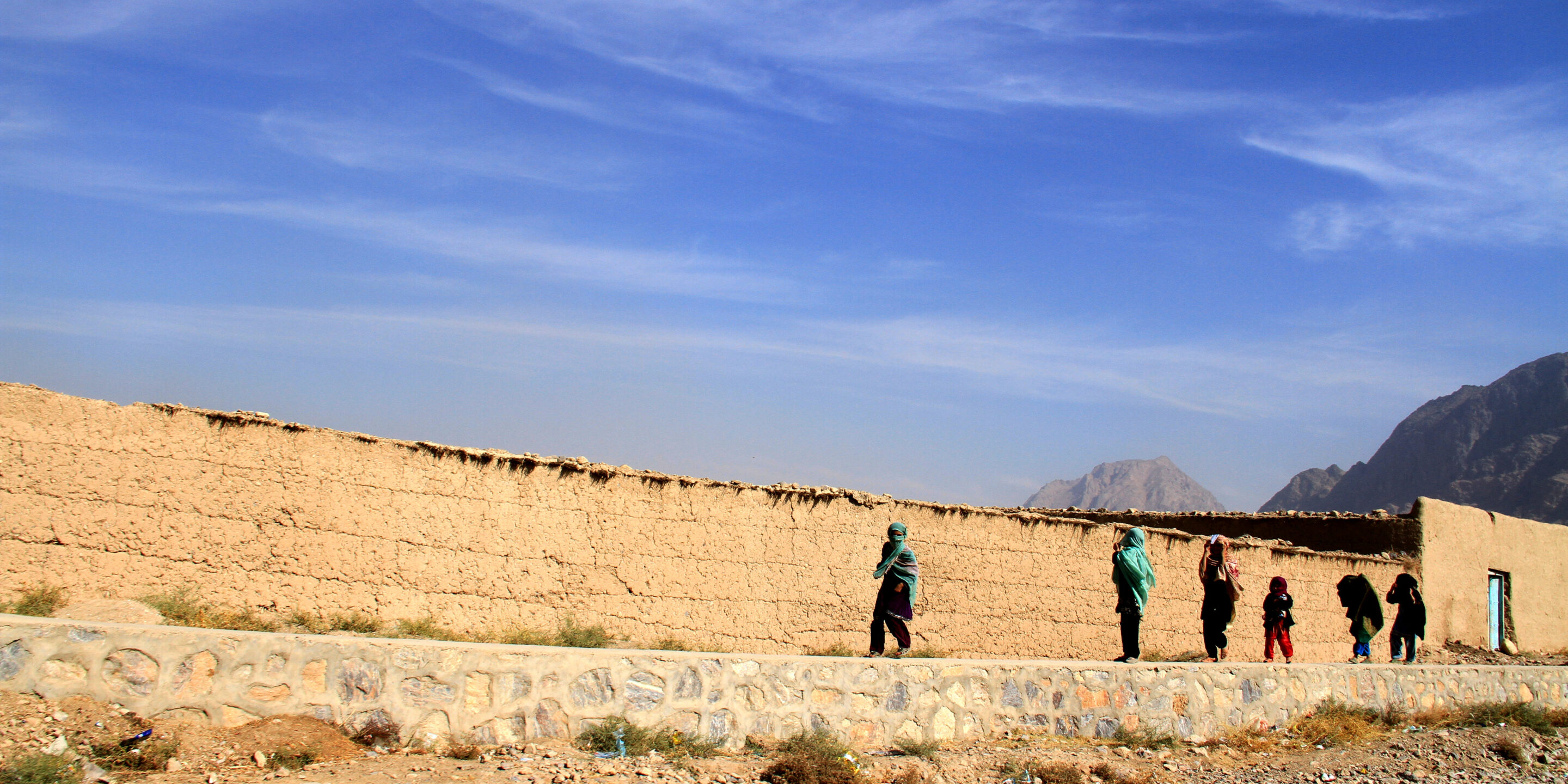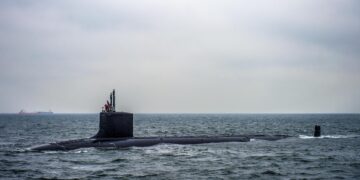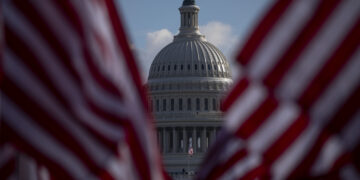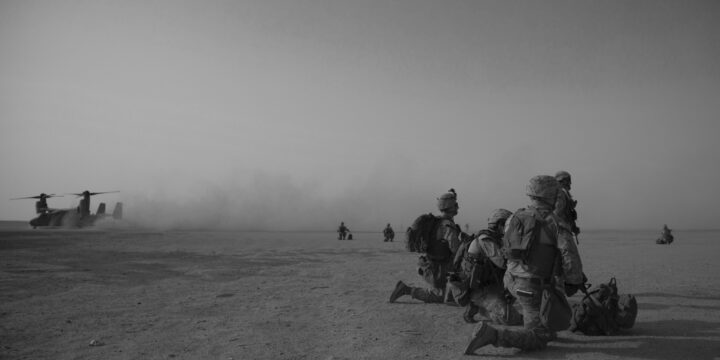U.S. interests remain limited in Afghanistan
- The last U.S. military flight left Kabul on August 31, 2021, belatedly ending the nearly 20-year nation-building effort. The U.S. security interest is unchanged: defend against terrorists with the capability and intent to strike the U.S.
- The U.S. can thwart transnational terrorists with its capabilities to gather intelligence and launch strikes and raids. Those efforts are aided by working with local governments and capable forces.
- The U.S. was at war with the Taliban, but now the Taliban are the dominant force and the de facto government in Afghanistan. The U.S. does not need to cooperate with the group, but it can advance U.S. counterterrorism objectives by doing so.
- The Taliban have a self-interest in cooperating with U.S. counterterror efforts, particularly to avoid being overthrown, as justifiably happened after 9/11. The Taliban demonstrated their willingness to engage with the U.S. during the troop withdrawal in August.
- The Taliban are at war with ISIS-K, the main transnational terrorist threat in Afghanistan. Narrow and opportunistic cooperation with the Taliban against groups such as ISIS-K can further reduce the low chances of an attack on the U.S.
U.S. policy toward the Taliban is not full normalization or regime change
- The Taliban were making gains for years before the U.S. withdrawal, yet their rapid takeover of the country raised a new question of how the U.S. should regard the Taliban.
- After years of war, the U.S. likely will not recognize the Taliban as the official government of Afghanistan any time soon. But the U.S. has not ostracized the Taliban either. It has held talks with Taliban representatives in Qatar since August.
The Taliban are at war with ISIS-K
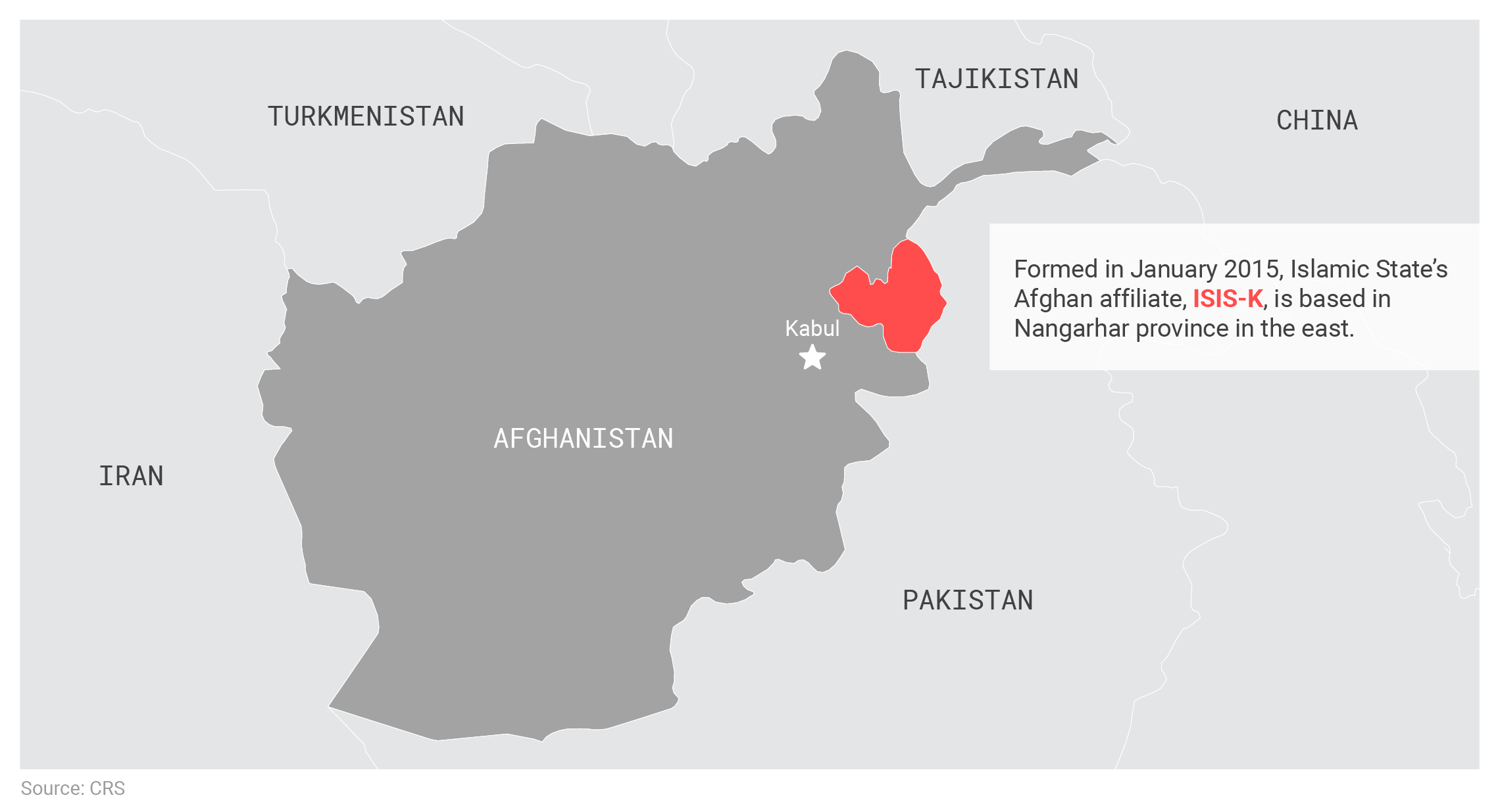
The core U.S. interest in Afghanistan is thwarting anti-U.S. terrorism. ISIS-K is at the top of the list of limited threats from Afghanistan. The Taliban are also at war with the Islamic State affiliate.
- The U.S. is not resolved to oust the Taliban from power, yet it continues to punish the group with sanctions still in effect from before its takeover and new U.S. restrictions since (such as preventing the Taliban from accessing the country’s foreign reserves).
- Afghanistan is of marginal importance to core U.S. interests, which means the U.S. need not decide between full normalization or overt regime change. For now, the U.S. is pursuing a middle ground.
- To aid its counterterrorism goals, the U.S. could take steps to ease some existing punishment on the Taliban, well short of full normalization, which would also help Afghans with immediate humanitarian needs.
The fates of the Taliban and the Afghans are inseparable
- Afghanistan is a poor, underdeveloped country suffering from poor harvests, high food costs, and internal displacement. Nearly 23 million Afghans (more than half the population) will face “high levels of acute food insecurity” by early 2022.1Maite Fernández Simon, “More than Half of Afghanistan’s Population Faces ‘Acute’ Food Crisis This Winter, U.N. Finds,” Washington Post, October 25, 2021, https://www.washingtonpost.com/world/2021/10/25/afghanistan-food-crisis/.
- Afghans’ well-being is directly connected to whether the Taliban government succeeds or fails; any U.S. attempts to harm the Taliban economically will harm the Afghan people, exacerbating current economic and humanitarian problems there.
- U.S. security interests in Afghanistan align with U.S. values in Afghanistan. Both considerations should discourage efforts to precipitate the Taliban’s collapse, which would further immiserate Afghans.
- Before the U.S. military exit, proponents of keeping troops in Afghanistan often cited the Afghan people’s well-being as their rationale for continuing the U.S. war there.
- As Afghanistan suffers economic collapse today and the prospect of famine looms, rethinking Afghanistan sanctions policy is an opportunity to demonstrate that sentiment was not hollow, while aiding U.S. security.
The Taliban takeover precipitated a collapse in foreign aid
- Before the former Afghan government’s collapse, the U.S. provided it billions of dollars each year in security aid. For example, the U.S. appropriated more than $3 billion for FY 2021, in line with prior recent years.2“53rd Quarterly Report to Congress,” Special Inspector General for Afghanistan Reconstruction, October 30, 2021, https://www.sigar.mil/pdf/quarterlyreports/2021-10-30qr.pdf.
- The U.S. provided humanitarian and development aid to Afghanistan—around $1 billion in 2018 and 2019, respectively. The U.S. cut this to around $420 million in 2021.3Shruti Menon, “Afghanistan: What Humanitarian Aid Is Getting In?” BBC, December 16, 2021, https://www.bbc.com/news/world-asia-59518628. Since August, the U.S. worked to go around the Taliban to channel aid directly to Afghans.
- Before the Taliban took over, dozens of countries and organizations provided humanitarian and development aid to Afghanistan, totaling around $3 billion per year in 2018 and 2019, excluding U.S. aid. So far in 2021, this aid is down to around $1.2 billion.
- The Taliban takeover of power and subsequent decline of foreign aid upended the Afghan economy. Aid funded nearly 80 percent of public expenditures under the former Afghan government.4Tobias Haque and Nigel Roberts, “Afghanistan’s Aid Requirements: How Much Aid Is Required to Sustain a Stable State?” ODI, October 12, 2020, https://l4p.odi.org/resources/afghanistans-aid-requirements-how-much-aid-is-required-to-sustain-a-stable-state.
- Humanitarian and development aid alone, excluding security aid, was around a quarter of Afghanistan’s GDP. Domestic Afghan revenue amounted to less than half of the former government’s annual non-security expenditures.5“53rd Quarterly Report to Congress,” Special Inspector General for Afghanistan Reconstruction.
U.S. sanctions and restrictions contribute to the immiseration of Afghans
- After the Taliban took control, the U.S. blocked them from accessing the Afghan central bank’s reserves held by the U.S. Federal Reserve. This restriction on the reserves (estimated at $9.5 billion, or half of Afghanistan’s GDP) paralyzes the Afghan central bank.
- U.S. sanctions from before the Taliban took over prohibit Americans and others from dealing with the group. Outside organizations hesitate to deal with any part of the Afghan government today due to uncertainty about what interactions might run afoul of U.S. sanctions and lead to civil or criminal punishment.
- The U.S. has issued some guidance and exemptions to some organizations seeking to work in Afghanistan under the Taliban; it could do more to remove uncertainty about permissible humanitarian work.6Daphne Psaledakis, U.S. Grants Licenses for More Aid Flow to Afghanistan Despite Sanctions, Reuters, September 24, 2021, https://www.reuters.com/world/asia-pacific/us-grants-licenses-more-aid-flow-afghanistan-despite-sanctions-2021-09-24/.
- The World Bank and IMF froze financing for Afghanistan in August, in large part due to the U.S. not recognizing the Taliban as the legitimate government of Afghanistan.
- Since August, the World Bank has released $280 million for humanitarian purposes, but around 80 percent of the bank’s Afghanistan Reconstruction Trust Fund remains frozen.7“Statement on the Decision of ARTF Donors to Transfer Out $280 Million for the Humanitarian Response in Afghanistan,” World Bank, December 10, 2021, https://www.worldbank.org/en/news/press-release/2021/12/10/-statement-on-the-decision-of-artf-donors-to-transfer-out-280-million-for-the-humanitarian-response-in-afghanistan. The U.S. has decisive influence within the IMF and World Bank and could sway both organizations to resume financing.
Foreign humanitarian and development aid under the former Afghan government
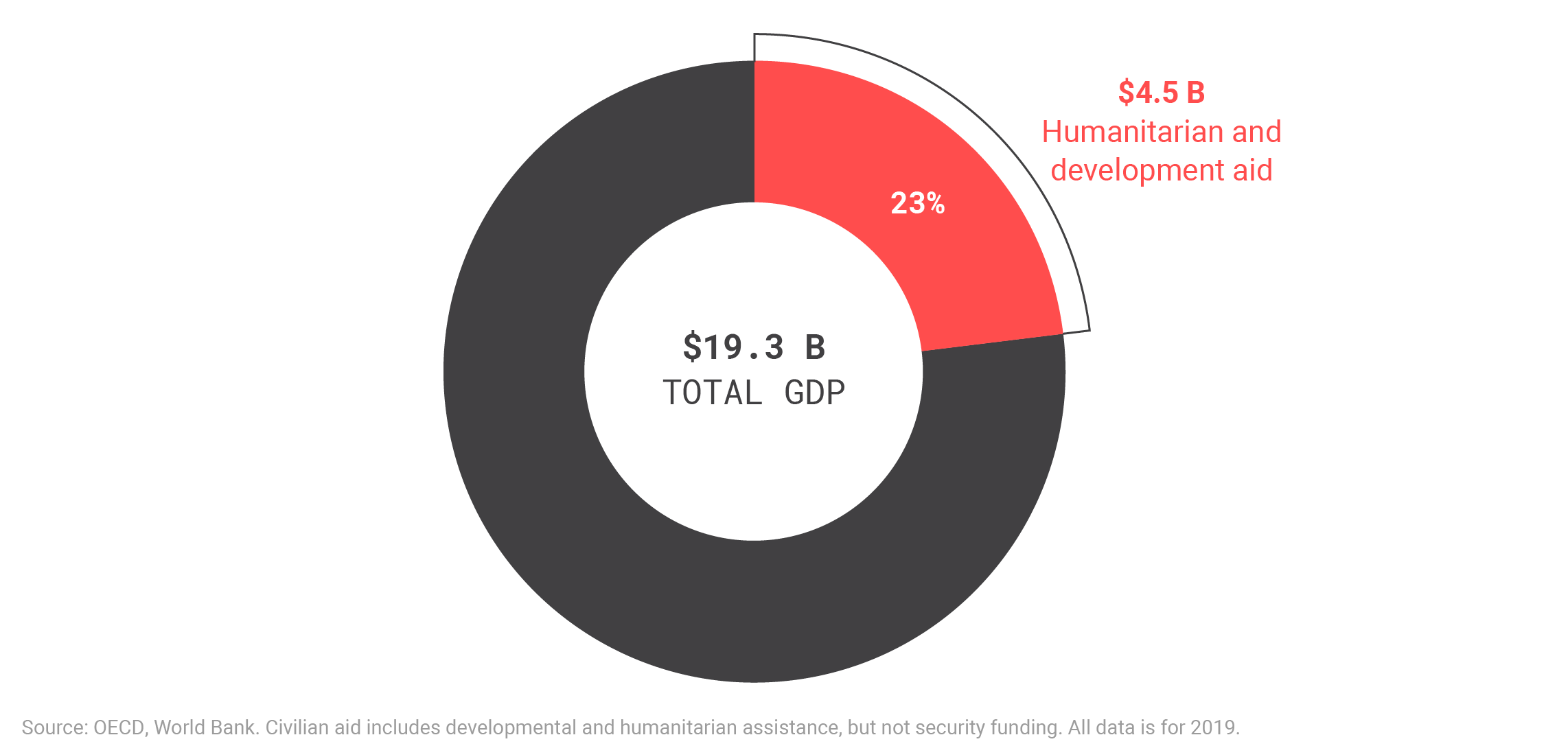
Under the U.S.-backed Afghan government, non-security humanitarian and development aid was around a quarter of the Afghan economy. This aid has slowed to a trickle under the Taliban.
The U.S. is currently linking additional relief with demands unacceptable to the Taliban
- Aid cuts, sanctions, and restrictions further hobble the weak Afghan economy, which the IMF projects could fall by 30 percent before it stabilizes.8“Regional Economic Outlook-Middle East and North Africa,” International Monetary Fund, October 2021, https://www.imf.org/en/Publications/REO/MECA/Issues/2021/10/14/regional-economic-outlook-october. Afghan banks are short of cash and limit withdrawals. Public-sector employees have gone unpaid for months.9“SRSG Lyons Briefing to the UNSC on the Situation in Afghanistan,” UNAMA, November 17, 2021, https://unama.unmissions.org/srsg-lyons-briefing-unsc-situation-afghanistan-3.
- Current U.S. policy conditions the removal of sanctions and restrictions on the Taliban agreeing to certain demands, including the establishment of an inclusive government, equal education for women and girls, and the protection of minority rights.10The U.S. reiterated this position to Taliban officials during meetings in October and November in Doha, Qatar.
- While reasonable to supporters of liberal values, the Taliban show no intention to give in to such demands. Conceding on social issues would threaten the Taliban’s cohesion and legitimacy among its members, some of whom may then defect to ISIS-K.11Andrew H. Watkins, “An Assessment of Taliban Rule at Three Months,” CTC Sentinel Volume 14, Issue 9 (November 2021): 1–14.
- U.S. policy toward Afghanistan punishes Afghans for the Taliban’s sins harming limited counterterror aims and contributing to a humanitarian debacle.
Prudent steps to advance limited U.S. interests and alleviate Afghans’ suffering
- Afghanistan faces stark challenges in any scenario. The U.S. can reduce some sanctions and restrictions, allowing more aid to flow to Afghans. Doing so may end up helping the Taliban to some extent, but it will also advance U.S. counterterrorism goals.
- The U.S. should not resume all aid previously sent to Afghanistan. It can continue or increase the limited direct humanitarian aid it has sent since August, which flows through independent organizations, not through the Taliban.
- Foreign donors currently face uncertainty about whether they could face fines or other punishment for working in Afghanistan. This uncertainty can be reduced through more extensive exemptions, clear Treasury Department guidance to banks responsible for facilitating transactions, and written assurances to individual governments and NGOs (so-called “comfort letters”).
- Unfreezing Afghanistan’s foreign reserves and giving the green light to the IMF and World Bank to resume support can—if the connection is explicit in talks with the Taliban—incentivize Taliban cooperation on terrorism.
- A U.S. policy of sanctions and isolation could resume in the future if needed as a punishment, but for now, the U.S. should cooperate to combat ISIS-K and other transnational terror threats—and reduce the suffering of Afghans.
Endnotes
- 1Maite Fernández Simon, “More than Half of Afghanistan’s Population Faces ‘Acute’ Food Crisis This Winter, U.N. Finds,” Washington Post, October 25, 2021, https://www.washingtonpost.com/world/2021/10/25/afghanistan-food-crisis/.
- 2“53rd Quarterly Report to Congress,” Special Inspector General for Afghanistan Reconstruction, October 30, 2021, https://www.sigar.mil/pdf/quarterlyreports/2021-10-30qr.pdf.
- 3Shruti Menon, “Afghanistan: What Humanitarian Aid Is Getting In?” BBC, December 16, 2021, https://www.bbc.com/news/world-asia-59518628.
- 4Tobias Haque and Nigel Roberts, “Afghanistan’s Aid Requirements: How Much Aid Is Required to Sustain a Stable State?” ODI, October 12, 2020, https://l4p.odi.org/resources/afghanistans-aid-requirements-how-much-aid-is-required-to-sustain-a-stable-state.
- 5“53rd Quarterly Report to Congress,” Special Inspector General for Afghanistan Reconstruction.
- 6Daphne Psaledakis, U.S. Grants Licenses for More Aid Flow to Afghanistan Despite Sanctions, Reuters, September 24, 2021, https://www.reuters.com/world/asia-pacific/us-grants-licenses-more-aid-flow-afghanistan-despite-sanctions-2021-09-24/.
- 7“Statement on the Decision of ARTF Donors to Transfer Out $280 Million for the Humanitarian Response in Afghanistan,” World Bank, December 10, 2021, https://www.worldbank.org/en/news/press-release/2021/12/10/-statement-on-the-decision-of-artf-donors-to-transfer-out-280-million-for-the-humanitarian-response-in-afghanistan.
- 8“Regional Economic Outlook-Middle East and North Africa,” International Monetary Fund, October 2021, https://www.imf.org/en/Publications/REO/MECA/Issues/2021/10/14/regional-economic-outlook-october.
- 9“SRSG Lyons Briefing to the UNSC on the Situation in Afghanistan,” UNAMA, November 17, 2021, https://unama.unmissions.org/srsg-lyons-briefing-unsc-situation-afghanistan-3.
- 10The U.S. reiterated this position to Taliban officials during meetings in October and November in Doha, Qatar.
- 11Andrew H. Watkins, “An Assessment of Taliban Rule at Three Months,” CTC Sentinel Volume 14, Issue 9 (November 2021): 1–14.
More on Asia
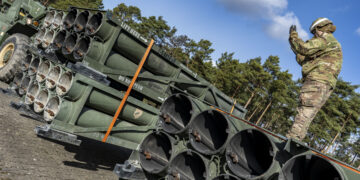
Featuring Dan Caldwell
July 13, 2025

By Jennifer Kavanagh and Dan Caldwell
July 9, 2025
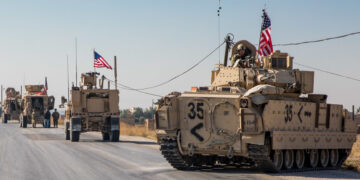
Featuring Jennifer Kavanagh and Dan Caldwell
July 9, 2025
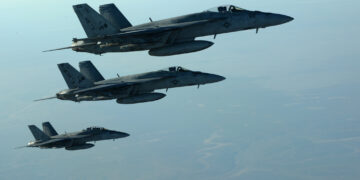
Featuring Lyle Goldstein
July 4, 2025
